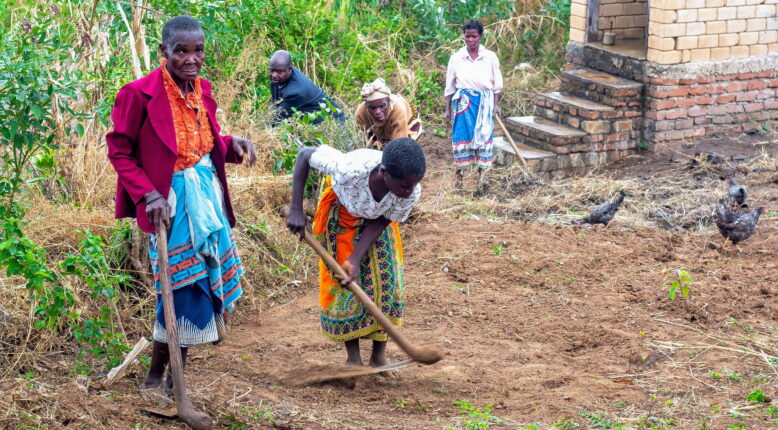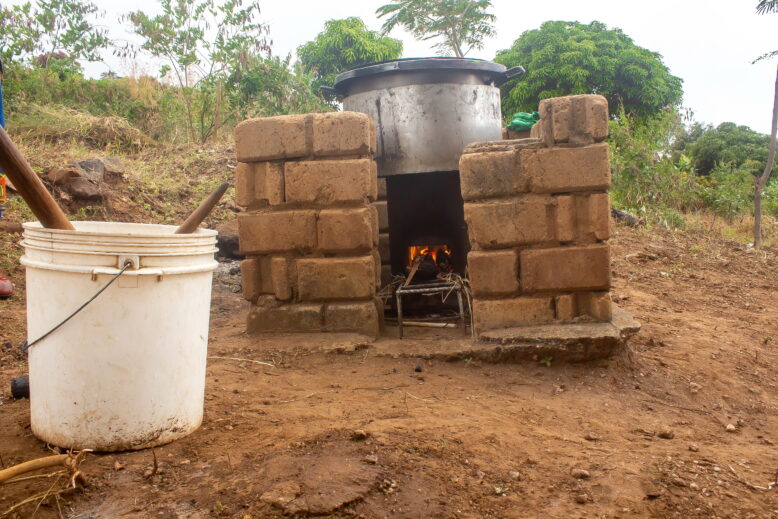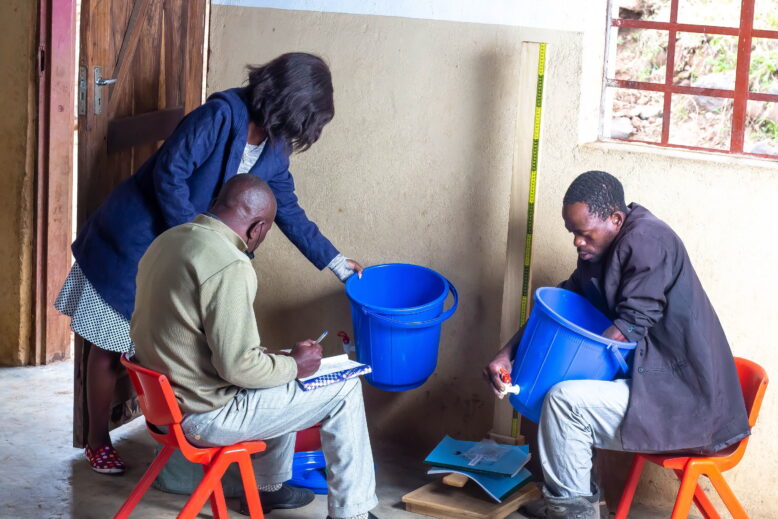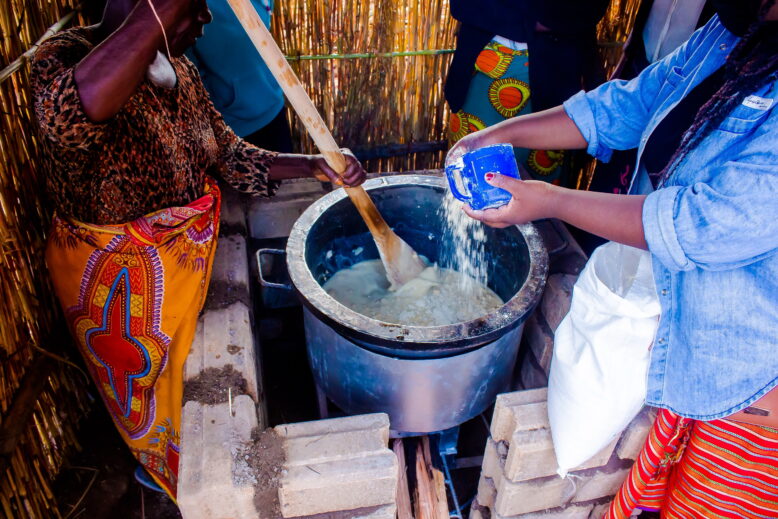
In early December our team in Malawi will travel north to put in place procedures required before resuming school feeding at partner primary schools in the new year. This week our team will meet with representatives from School Feeding Committees, School Management & Staff and the District Nutrition Coordinating Committee to teach & train on mandatory procedures.
Planning for the future in the midst of a global pandemic can sometimes feel like an uphill task but we are confident that once these operating procedures are in place we can once again resume school feeding on-site at primary schools and help unlock the potential of Malawian youth through education and a hot meal!
We appreciate the following list might seem a little dry and irrelevant. But if you consider that in the last year, with the exception of a 2-week period, throughout 2021 Seibo were involved in distributing take-home packs of food to over 15,000 families. Then consider the volume of work required to effectively communicate dates & times to rural families with small children without being able to resort to electronic communication methods. Now consider the work required to restart school feeding in January. In addition to meeting new government safeguards Seibo in Malawi also need to re-stock storage rooms with food, re-train and recruit an army of volunteers and to get it all right so that starting early January an estimated 16,900 children will receive a hot meal. Challenge accepted and the planning starts now. What follows is a summary of teaching topics to be delivered in early December:
1. COVID-19 Awareness & Prevention Measures
– What is COVID-19?
– How does it spread?
– Dangers of COVID-19
– Signs & Symptoms of a person suffering from COVID-19
– How to take care of anybody infected with COVID-19
– Effects of COVID-19

1. COVID-19 Awareness & Prevention Measures
– What is COVID-19?
– How does it spread?
– Dangers of COVID-19
– Signs & Symptoms of a person suffering from COVID-19
– How to take care of anybody infected with COVID-19
– Effects of COVID-19

3. Safety Precautions when Cooking
– Dressing
– Stacking of utensils
– Firewood
– Air Ventilation
– Clearance of the kitchen area
– Stove lay out in the kitchen

4. Hygiene
– Personal Hygiene
– Utensil care/usage & storage
– Kitchen & surroundings
– Water sources

5. Phala (Food) Preparation
– Water quantities vis-a-vis Likuni Phala flour bags
– Appropriate callibration methods
– Time management for cooking
– Amount of firewood to be used
– Heat Percentage required
– Effects of over-cooking
– Effects of late-cooking
– Importance of good cooked Likuni Phala
6. Storage Methods (Food & Utensils)
– Stock Delivery Management/Daily Record-keeping
– Room Condition (ventilation)
– Bags Condition
– Stacking methods
– Importance of raised stacks
7. Burns, Accidents & Procedures
– How accidents occur
– First Aid application
– Burns by definition
– Care of burns
– Prevention Measures
8. Food Serving Methods
– Recommended ration per child
– Best place for serving cooked ‘Likuni Phala’
– Utensils to be used
– Serving Criteria
9. Road Network Maintenance
– Importance of roads
– Best time for road maintenance
– Ways of road construction
10. Afforestation
– Establishment of woodlots
– Time management for establishment
– Methods for establishment
– Importance of woodlots
– Care for existing woodlots
11. Child Protection
– Introduction to Child Protection
– Types of Child Abuse
– Roles of Parents & Teachers
– Role of Children
– Children’s Rights
– How to accommodate child achievement goals
– Importance of Education
– Child Welfare
– Childcare & Support
If you’ve made it to the end you have an insight into the planning that is taking place in Malawi. We are humbled and grateful for the support received in 2021 and sincerely hope that the New Year brings a better future for Malawi’s children. If you can help us to achieve our goals in any way in 2022 we would be most thankful- a small amount can go a long way in Malawi. Thank you!


